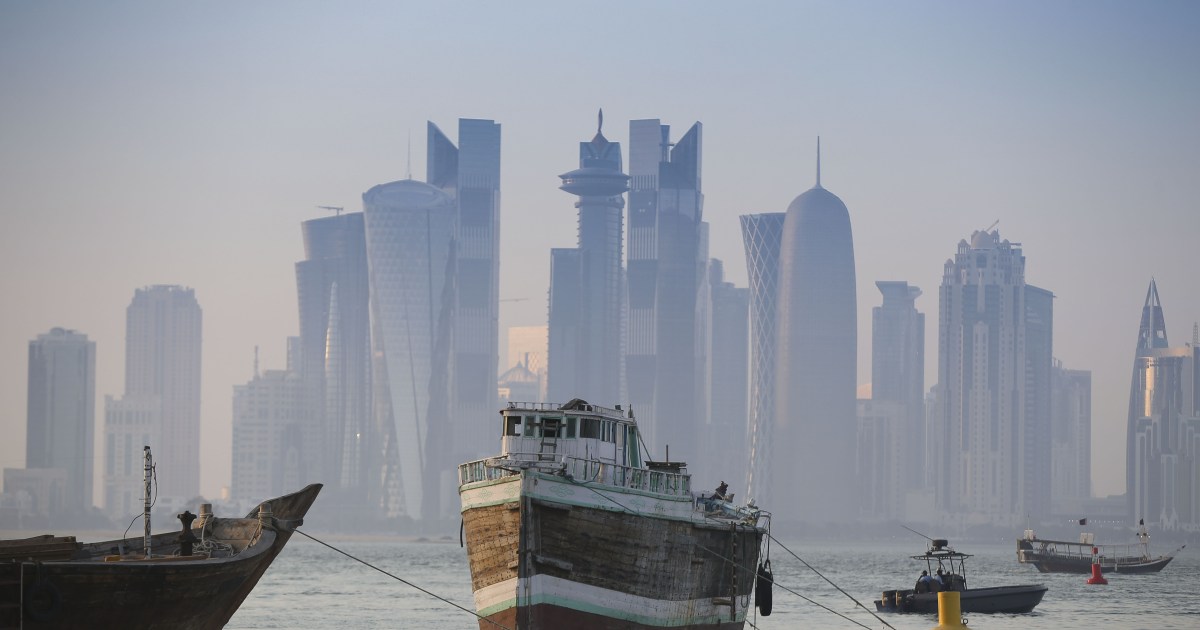A State Department spokeswoman said on the island that the United States believes that the Gulf conflict only serves the interests of adversaries, and harms the common interests of Americans and Gulf states.
The State Department spokeswoman added that the Gulf Cooperation Council (GCC) union against regional threats is now more necessary than ever, and that this union is essential to confront what it described as the "pernicious influence" of Iran and to combat terrorism, and to ensure a prosperous future for all of the United States’s Gulf partners.
The spokeswoman stressed that the Gulf countries are waiting for important work to do, and that Washington wants all parties concerned to resolve this conflict.
The American Fox News Network quoted sources that accused the UAE of obstructing an agreement reached last week under US mediation to lift the blockade on Qatar.
The network said that the agreement to end the siege of Qatar seemed imminent last week after a series of discussions and meetings in which senior officials in Saudi Arabia, Qatar, the United States and the UAE participated.
Fox News indicated that it learned that the UAE changed its position at the last minute, and asked Saudi Arabia to stop the US-backed proposal to lift the blockade.
And the network considered that the UAE's position deprived the administration of US President Donald Trump of achieving a decisive achievement in foreign policy and strengthening its position against Iran.
She explained that the agreement would have opened the Gulf airspace to Qatar Airways, and would consequently deprive Iran of the 133 million dollars in financial revenues that Tehran receives annually for the Qatari air transit.
Ideological position
For his part, Mohammed Al-Mukhtar Al-Shanqeeti, a professor of political ethics at Hamad Bin Khalifa University, said that the UAE is adopting a rigid ideological position in the Gulf crisis.
Al-Shanqeeti added in an interview with Al-Jazeera that the recent developments confirm that the Emirates are the mastermind of the crisis.
The researcher specializing in Middle East affairs, Sigurd New Power, told Al Jazeera that Abu Dhabi’s Crown Prince Sheikh Mohammed bin Zayed was leading anti-Qatari activities in the United States.
New Power explained that Saudi Arabia was able to prevent undermining American mediation efforts to end the Gulf crisis if it wanted to, but chose to adopt the Emirati position.

